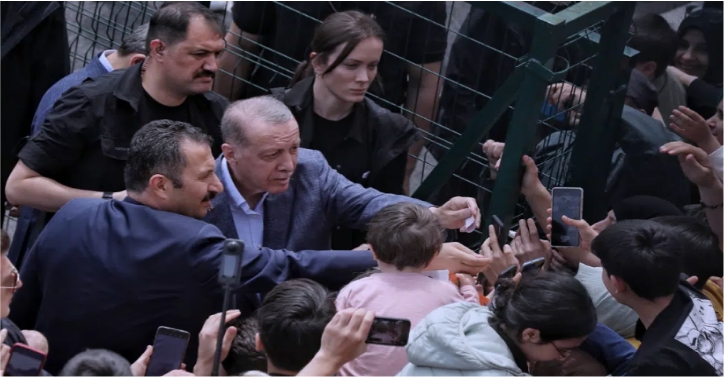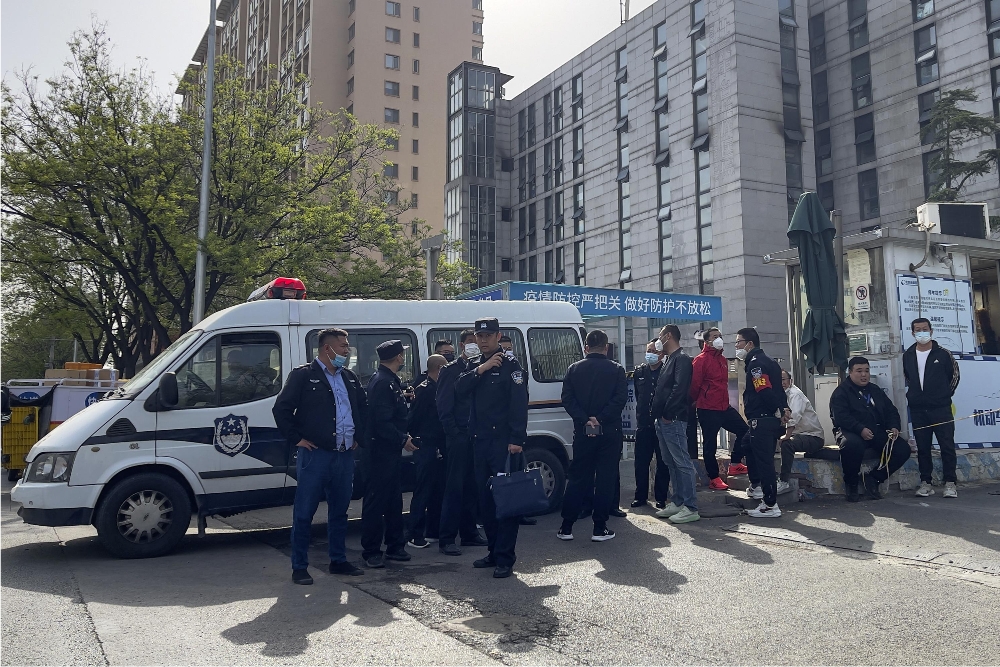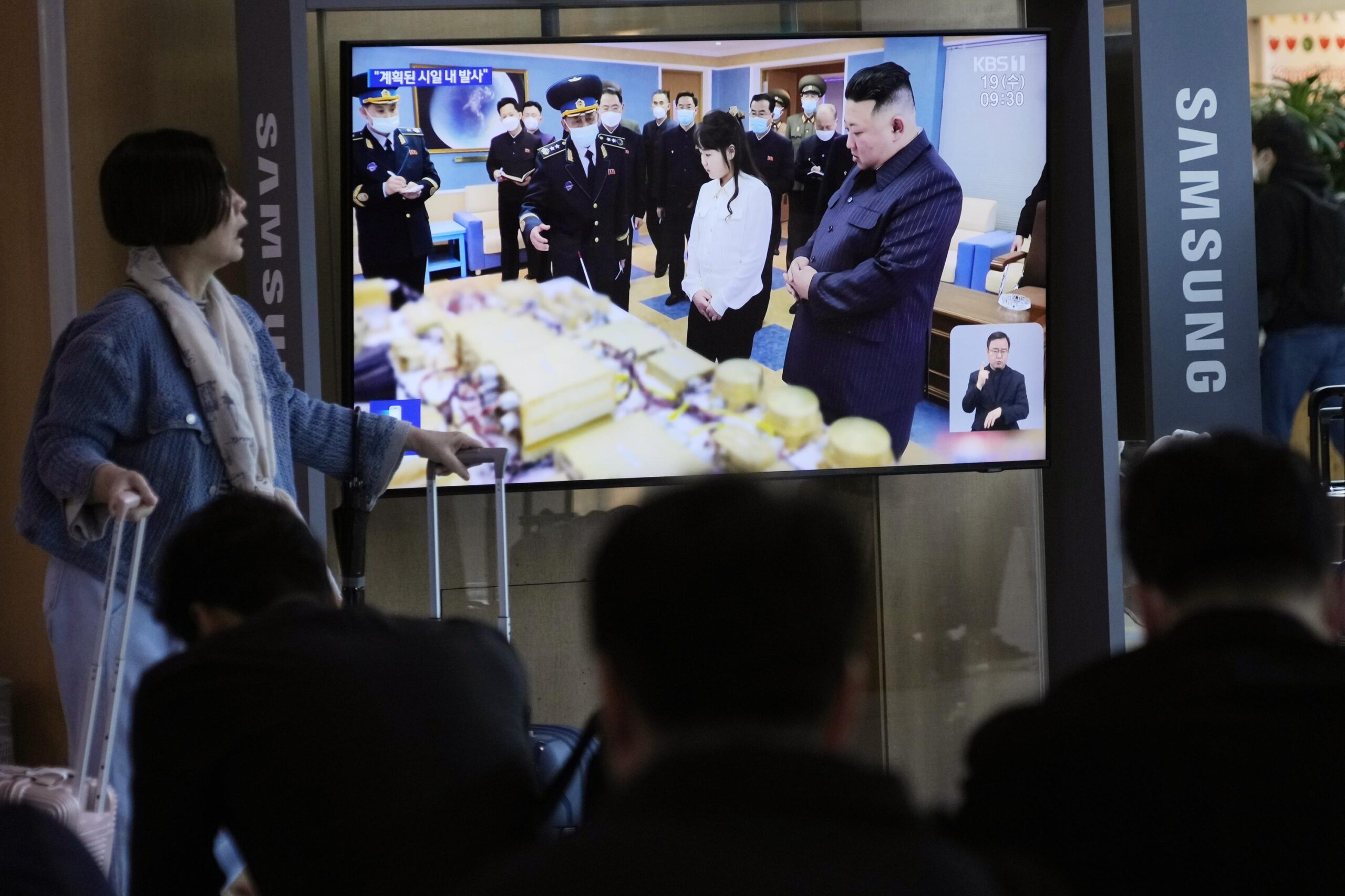North Korea’s Defence Minister Hyon Yong-chol has been executed for showing disloyalty to Kim Jong-il, South Korea’s spy agency has told parliament.
MPs were told Mr Hyon was killed on 30 April by anti-aircraft fire in front of an audience of hundreds, the Yonhap news agency reports.
It said Mr Hyon had fallen asleep during an event attended by Kim Jong-un and had not carried out instructions.
Reports from North Korea are impossible to independently confirm.
Analysts told the Dailyreleased that while reshuffling of officials happens often in North Korea, the execution of a figure so close to Mr Kim was surprising and cause for concern about the country’s stability.
Analysis site NK News said Mr Hyon had last appeared in state media a day before the alleged execution date.
Analysis: Stephen Evans,
Hyon Yong-Chol, as defence minister, was as close to Kim Jong-un as it is possible to get.
Such a public and brutal method of execution as obliteration by anti-aircraft gun would emphasise the cost of disloyalty.
Intelligence reports always have to be treated with scepticism but, in this case, the claims of the South Korean spy agency will be easy to verify. If they are not true, the defence minister would appear again in public.
Earlier, the South Korean agency said that senior officials were being executed at the rate of one a week. It all adds up to a picture of a leader in Pyongyang who feels very insecure and who is dangerous in his insecurity.
Hyon Yong-chol: the general who rose from obscurity
Mr Hyon is believed to have been a general since 2010, though little is known about him. He served on the committee for late leader Kim Jong-il’s funeral in December 2011, an indication of his growing influence.
He was appointed defence minister last year.
Mike Madden of North Korea Leadership Watch told the BBC that if true, the execution was “entirely a demonstration of power and authority”.
“This is indicative of Kim Jong-un’s impulsive decision-making”, he said, and a sign of a leader who is “not feeling secure”.
Mr Kim has conducted a series of purges of close officials since becoming North Korea’s leader.
The most notable was his uncle, Chang Song-thaek – once the country’s second-most powerful figure.
He was arrested in December 2013 in front of a party meeting, found guilty of treason and immediately executed. The move was widely seen as the young Mr Kim stamping his authority.
Last month, a rights groups released satellite images it said showed unusual activity on a small arms range at the Kanggon army training area in October 2014.
The Committee for Human Rights in North Korea said the images – which could not be confirmed – showed large weaponry facing a very close target, a viewing area and several passenger vehicles.
It said the “most plausible explanation” for the image was a “gruesome public execution” by anti-aircraft fire.

















